Building a multi tenant SaaS CRM platform takes a lot of thought and organization. You need to design a strong structure and make sure everything is set up properly.
A SaaS setup allows different customers to use the same software system at the same time.
Also, the data should be isolated to provide a customized experience for each tenant.
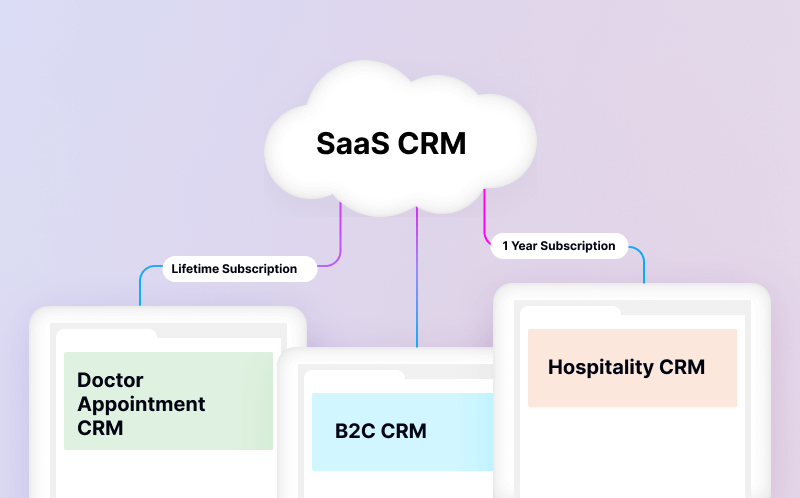
Features of a Multi-Tenant SAAS CRM platform
A Multi-Tenant SaaS CRM platform offers several key features that make it an attractive solution for businesses. Some of the key features include:
1) The admin can effortlessly establish and manage a multi tenant SaaS CRM platform.
2)Many users can use the platform at the same time to manage their own CRM systems.
3) The tenant can manage their own CRM software from their dashboard.
4) Automated follow ups and reminders can be applied by the tenants.
5) A centralized database for storing customer details, communication history, and interaction records.
6)It lets many people use the same system, but their information stays private and safe.
7) Efficient use of resources allows scaling to support many tenants.
8) Data isolation makes sure that one tenant’s information is kept safe and can’t be reached by someone else.
9) Customization options are available at the tenant’s end to upload logos and select color themes.
What is SaaS?
Software as a Service, or SaaS, is a way to deliver software. You can access applications online by paying a subscription fee.
SaaS has gained a lot of popularity lately. Gartner predicts that by 2024, the earnings from SaaS technology will reach $247.2 billion.
Gartner’s Prediction
Gartner predicts that the SaaS technology revenue will reach $247.2 billion in 2024.
This growing trend indicates that more and more businesses are moving towards cloud based solutions for their CRM needs.
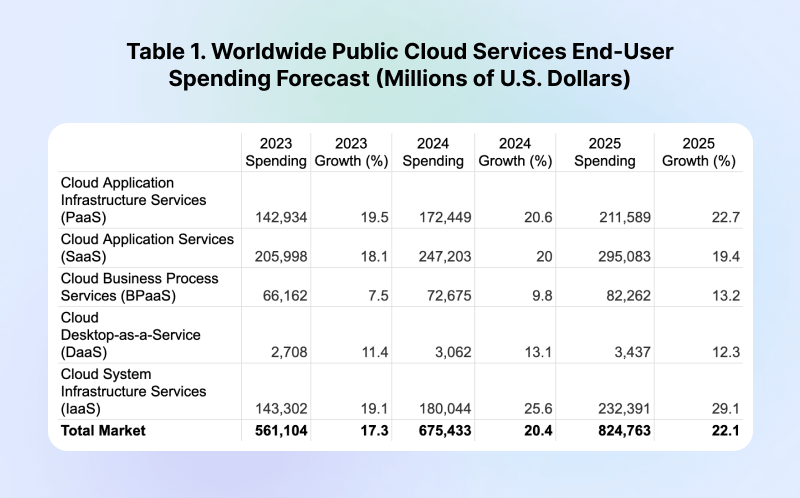
Are you new to SaaS?
If you’re new to SaaS, don’t worry! We’ve got you covered with SaaS development.
SaaS offers an easy and cost effective solution for managing your CRM.
It removes the requirement for expensive hardware and software.
Multi Tenant SaaS CRM Platform
A SaaS CRM Platform allows you, as the super admin, to manage multiple organizations within a single infrastructure.
It provides isolated environments for each tenant while centralizing control and resource optimization.
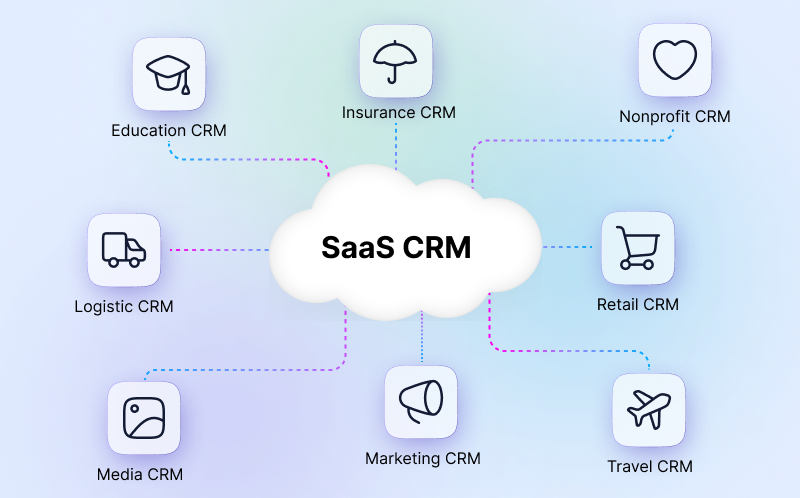
How to get started with multi tenant SaaS CRM platform?
To get started with a Multi Tenant SaaS CRM platform, you need to decide on the best programming language and database for your needs.
In this section, we’ll explore the options available and guide making the right choice.
Choose the Tech Stack
Choosing the right technologies is important for creating a platform that can grow and be easily managed.
Backend:
1) Framework: Laravel, Django, or Express.js
2) Database: PostgreSQL, MySQL, or MongoDB
3) Authentication: OAuth 2.0 or JWT
Frontend:
1) Framework: React, Angular, or Vue.js
2) UI Libraries: Tailwind CSS, Material UI
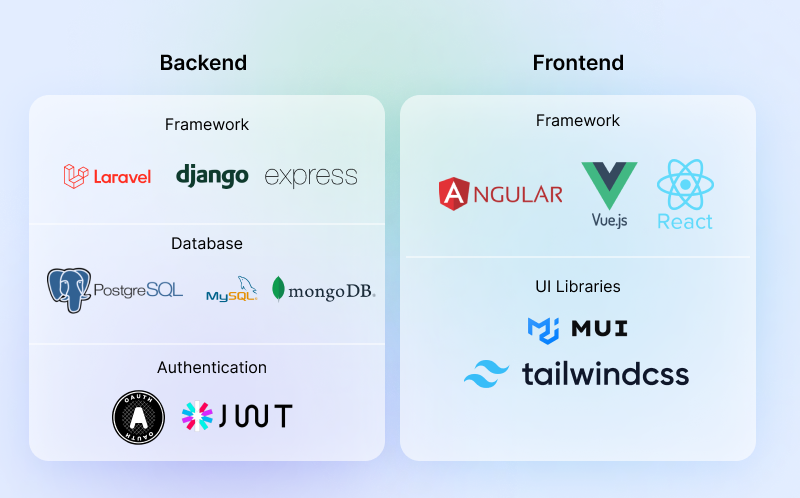
The Perfect Database
Selecting the appropriate database is important for a reliable CRM multi tenant SaaS platform.
There are a few choices you can pick from. Some of these are document based databases such as MongoDB, and others are relational databases like MySQL.
Benefits of Choosing MySQL for multi tenant SaaS CRM platform
MySQL is standing out as a reliable and cost-effective solution for the following reasons –
1) Scalability for Growing Needs
MySQL offers exceptional scalability, making it ideal for SaaS CRMs where user data grows exponentially.
2) High Performance and Reliability
MySQL is known for its speed and dependability, so the CRM can manage complex queries and deliver fast responses without compromising on uptime.
3) Cost-Effectiveness
As an open-source database, MySQL significantly reduces licensing costs, making it a budget-friendly option.
4) Advanced Features for SaaS Applications
MySQL provides support for clustering, replication, and partitioning and allows for distributed architectures that are critical for ensuring high availability and low latency in SaaS CRM solutions.
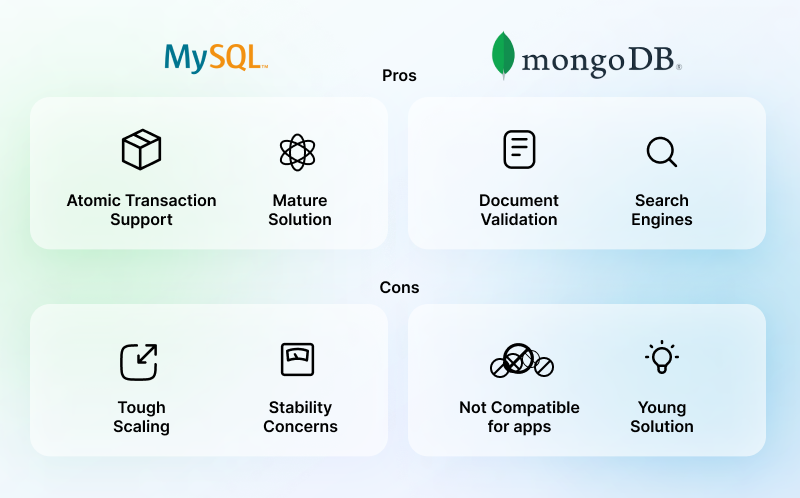
Cloud Infrastructure:
This setup offers strong scalability, adaptability, and reliability for multi tenant SaaS based CRM setup –
1) Hosting: AWS, Google Cloud, or Azure
2) Containerization: Docker
3) Orchestration: Kubernetes
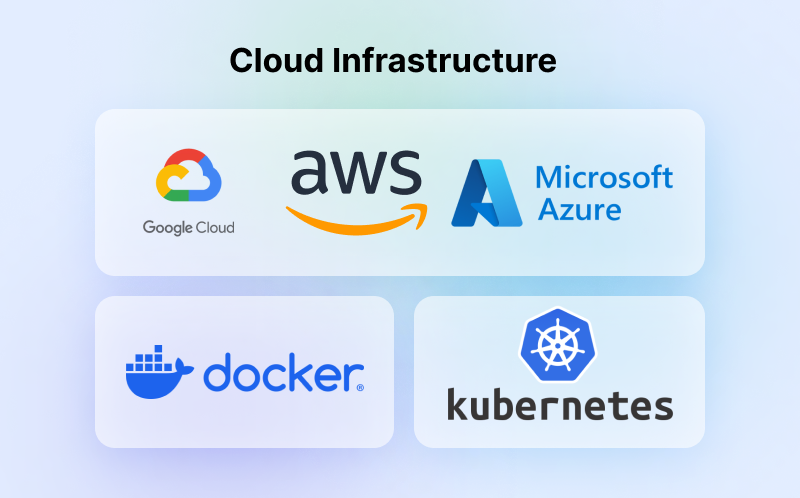
Build Core Modules
Here are some important parts of the multi tenant software.
Tenant Management:
1) Onboarding: Automate tenant registration.
2) Subdomain Allocation: Assign unique subdomains or URLs to each tenant.
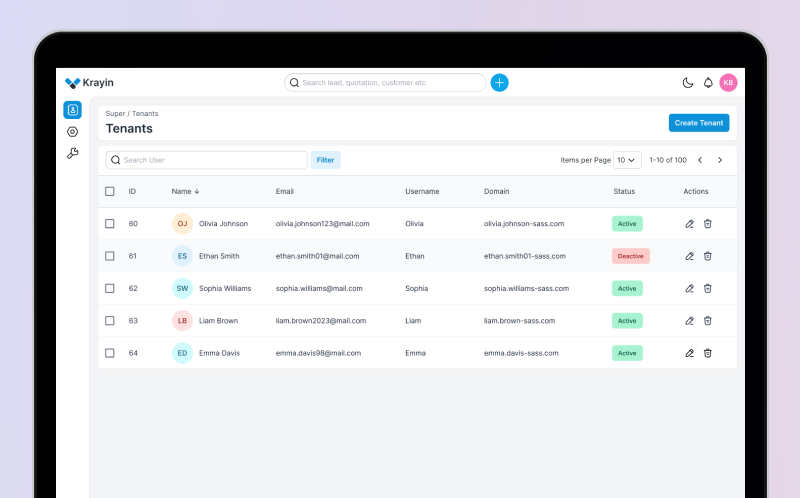
User Authentication:
1) Login/Signup: Implement multi tenant aware login.
2) Role Based Access Control: Enable admin, user, and other roles.
CRM Modules:
1) Lead Management: Capture, track, and nurture leads.
2) Contact Management: Store and organize customer data.
3) Sales Tracking: Monitor deals and sales pipelines.
4) Generate visual reports and analytics.
Database Design
Shared Database: The super admin can use a single database with tenant specific data.
Separate Database: The super admin can give each tenant their separate database to improve security and keep things more private.
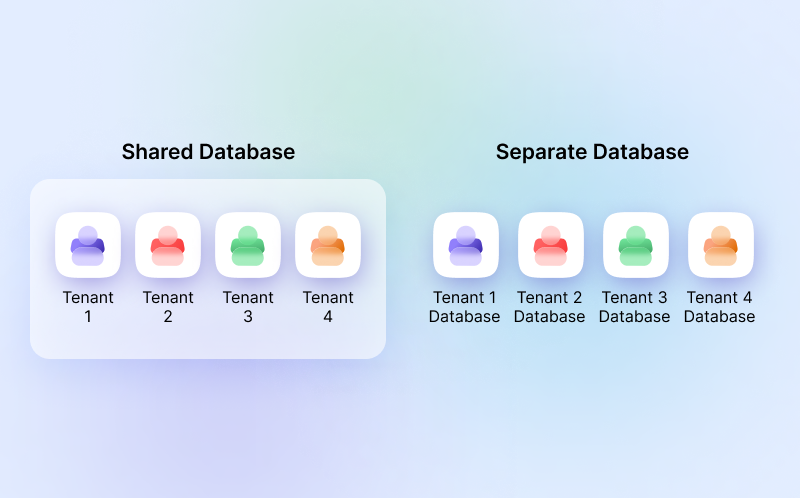
Ensure Security and Compliance
Safeguard systems and data with industry best practices –
1) Data Encryption: Protect important information by encrypting it both at rest and in transit.
2) Access Control: Implement strict RBAC policies.
3) Compliance: Make sure to follow rules like GDPR, CCPA, or HIPAA.
4) Audit Logs: Maintain detailed logs of all user activities.
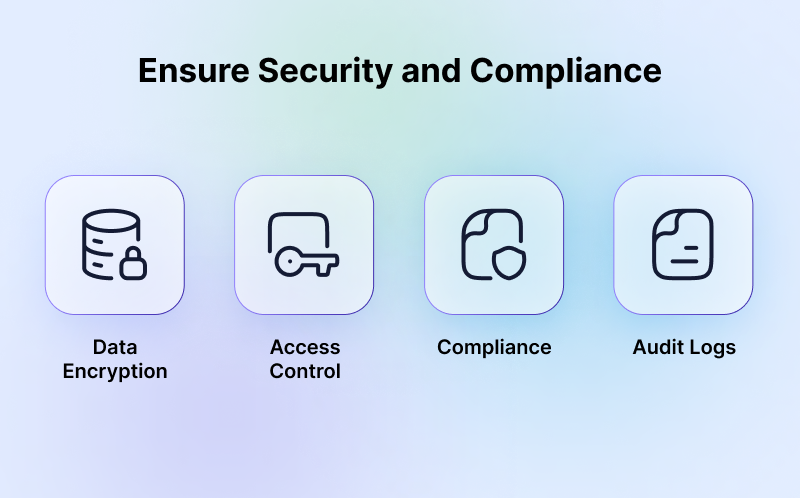
Summary
Developing a multi tenant SaaS CRM platform is not a tricky job. All you need to decide is the best programming language and document oriented database.
More and more companies are switching to cloud based CRM systems that use the SaaS business model every day.
The reason is that it is based on the subscription model and has numerous benefits.
You can take a look at our Krayin CRM multi tenant SaaS software: Krayin CRM Multi Tenant SaaS
Thank you for spending your time to check out this blog. I eagerly await your feedback.
If you are looking to create a multi tenant SaaS CRM platform and need any suggestions or help feel free to contact us at [email protected] or create a ticket


Be the first to comment.